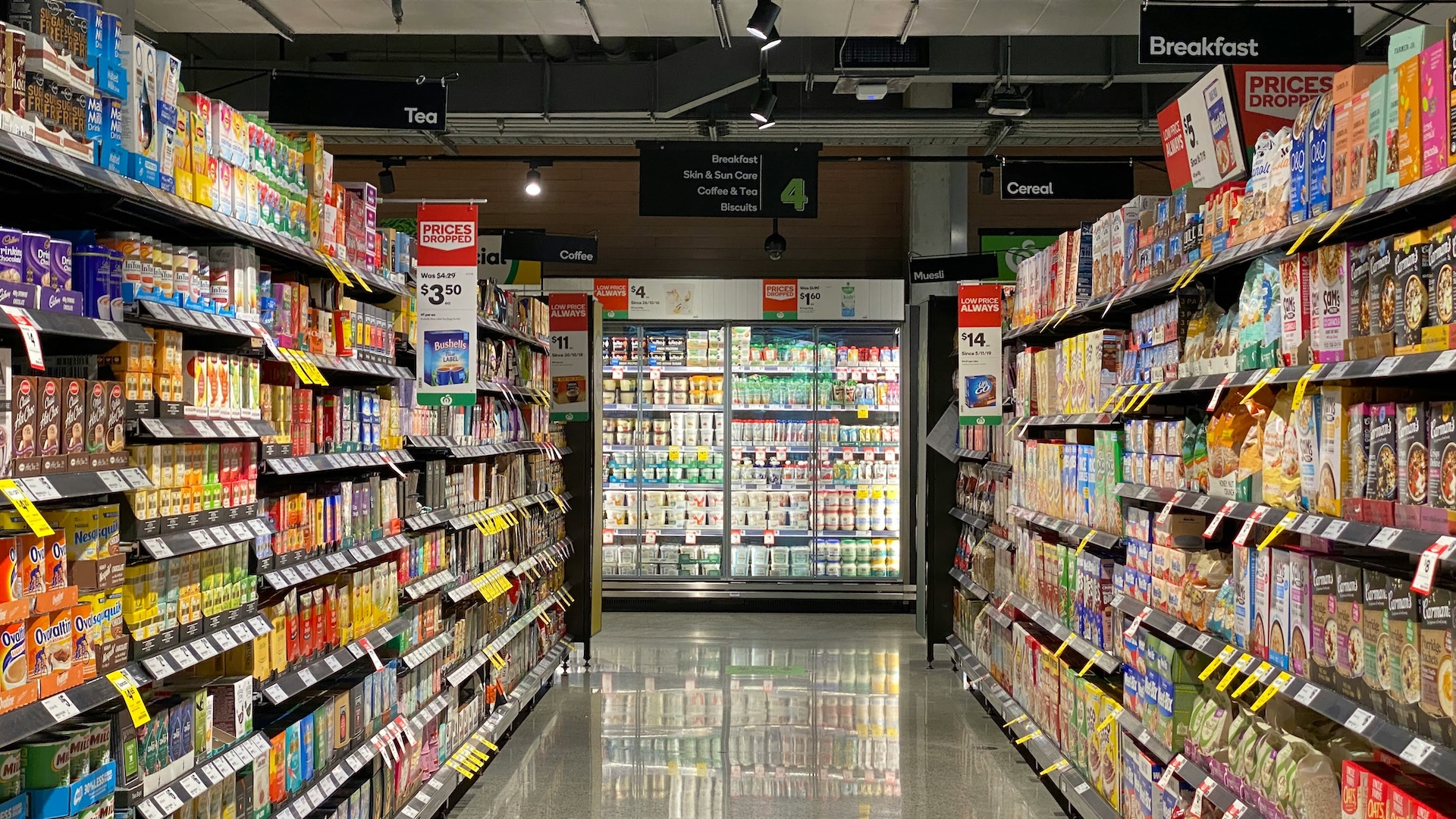Two-thirds (65%) of people we asked think that that a yearly salary of £1 million for the CEO of a large supermarket chain is too high. Yet Tesco CEO Ken Murphy’s pay more than doubled last year to an obscene £9.9m – at a time where a record number of children are living in poverty.
Supermarkets also undermine public health by prioritising cheap junk food over affordable fresh produce. They’re driving climate breakdown, food waste and biodiversity loss. All while locking households into a cost-of-living crisis where saving money trumps eating healthily.
And why are they doing all this? Because the top priority is making money.
This corporate control by the likes of Tesco, Sainsbury’s and Aldi means the government’s new food strategy – its plan to reshape the country’s food system unveiled over the summer – is destined to fail.
That’s because ministers are relying on the supermarkets and the food industry to drive the transition to a food system that will provide healthy, affordable food for communities across Britain, while providing a fair deal for farmers and respecting nature.
Put simply: that’s never, ever going to happen. Not without strong government regulation.
Advertising helps fund Big Issue’s mission to end poverty
The ownership of supermarkets make them structurally bound to maximise profit above your health or mine, the planet or food security. An example of this is the higher pricing found at so-called ‘express’ shop – which also happen to be mostly situated in low-income communities.
Yes, the government’s food strategy says a lot of the right things as it outlines its vision to ‘build a future where good food is accessible to everyone’. But we need to see urgent action to fulfil its promises by compelling supermarkets to change their practices. Then, crucially, working longer term to dismantle their control of the country’s food sector and what we eat.
It’s not all bad news though. A better retail sector in the UK is already showing what is possible. From cooperatives and employee-owned shops to veg delivery vans and farm shops, there’s a patchwork of small organisations that put people first.
Hearteningly, more than half (54%) of Brits think the best way for supermarkets to be run is as cooperatives – rather than run by the state or private companies. This could improve the nation’s health, while also protecting our countryside and making sure farmers get a better deal.
Our food cannot be left to the unchecked power of only ten businesses. We need to diversify retail and empower local communities to nourish themselves.
The political appetite for retail reform is high, with a public mandate, growing base of evidence and the government’s food strategy in an early phase. With the right investment and regulation, this country can be a leader in fair, sustainable food retail that drives growth and resilience through nourishing diets.
Advertising helps fund Big Issue’s mission to end poverty
But the time to act is now. Otherwise this government’s so-called ‘food strategy’ is just meaningless words on the page.
Carina Millstone, is executive director at Foodrise.Read Foodrise’s new report here and read about how alternative food retail can make the food strategy a success here.
Do you have a story to tell or opinions to share about this? Get in touch and tell us more.
Reader-funded since 1991 – Big Issue brings you trustworthy journalism that drives real change.
Every day, our journalists dig deeper, speaking up for those society overlooks.
Could you help us keep doing this vital work? Support our journalism from £5 a month.
Advertising helps fund Big Issue’s mission to end poverty









